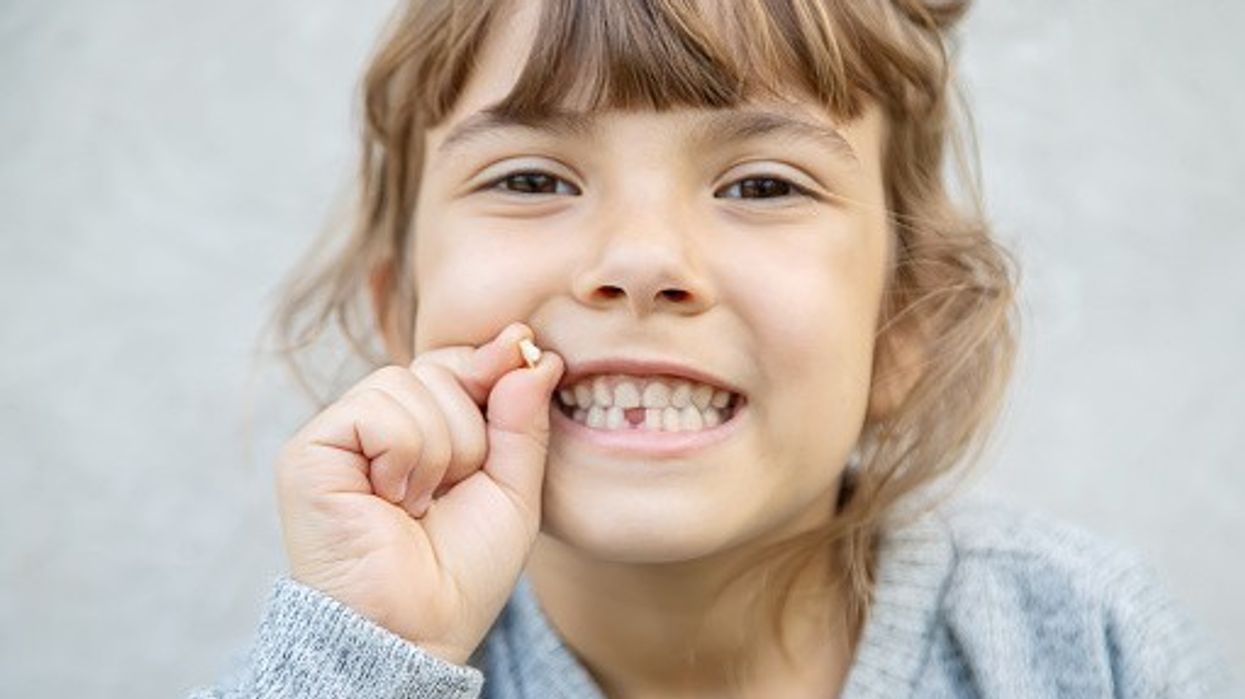Key Summary
- Three UK firms (Bio Eden, Future Health Biobank, Stem Protect) accused of misleading parents with false stem cell claims from milk teeth
- Companies marketed treatments for autism, diabetes, and more — despite no scientific evidence
- Experts slammed the practice as exploitative; firms deny making unfounded claims
Three UK firms have been called out for making misleading claims about the advantages of collecting stem cells from milk teeth.
As per the investigation done by BMJ, headed by Emma Wilkinson, the companies have been spreading misinformation regarding the potential of stems cells in treating conditions like diabetes and autism.
Tooth stem cell banking or dental pulp cell banking, is the procedure where parents collect their children’s lost milk teeth and send it to a laboratory.
The companies claim they harvest stem cells from the dental pulp.
BioEden, Future Health Biobank and Stem Protect are the three accused UK firms.
Their service costs around £1,900 with an extra £95 annual storage fee.
Future Health Biobank has declared that it has completed the release of 26 tooth stem cell samples.
Similarly, the firms have guaranteed the users with cure for autism, type 1 and 2 diabetes, cartilage regeneration, cleft palate repair, HIV/Aids treatment, etc.
“The company had already witnessed the remarkable evidence of these ongoing developments among its customers,” said BioEden’s website.
However, experts have slammed their claims.
Jill Shepherd, senior lecturer in stem cell biology at the University of Kent said, “There is a lack of evidence and a paucity of research using dental pulp stem cells to treat patients.”
She added, “There’s no evidence to suggest stem cells stored from a child’s milk tooth would ever be needed to treat that child.”
Sufyan Hussain, an investigator on the UK arm of a global clinical trial evaluating stem cell therapy told The Guardian that the firms were exploiting the parents’ emotions to make profit.
“Autism is not a disease or illness; it cannot be treated and there is no cure,” added Tim Nicholls, assistant director of policy, research and strategy at the National Autistic Society in the UK while calling out this ‘outrageous’ practice.
Following the backlash, Future Biobank replied the “readers can clearly distinguish between client experiences and formally published clinical outcomes.”
“We have made no unfounded claims, and our website has been reviewed and approved by the Human Tissue Authority,” declared Stem Protect’s spokesperson.
They also added, “We remain committed to ensuring stem cell banking is presented as a valuable resource, backed by evidence and transparency.”













